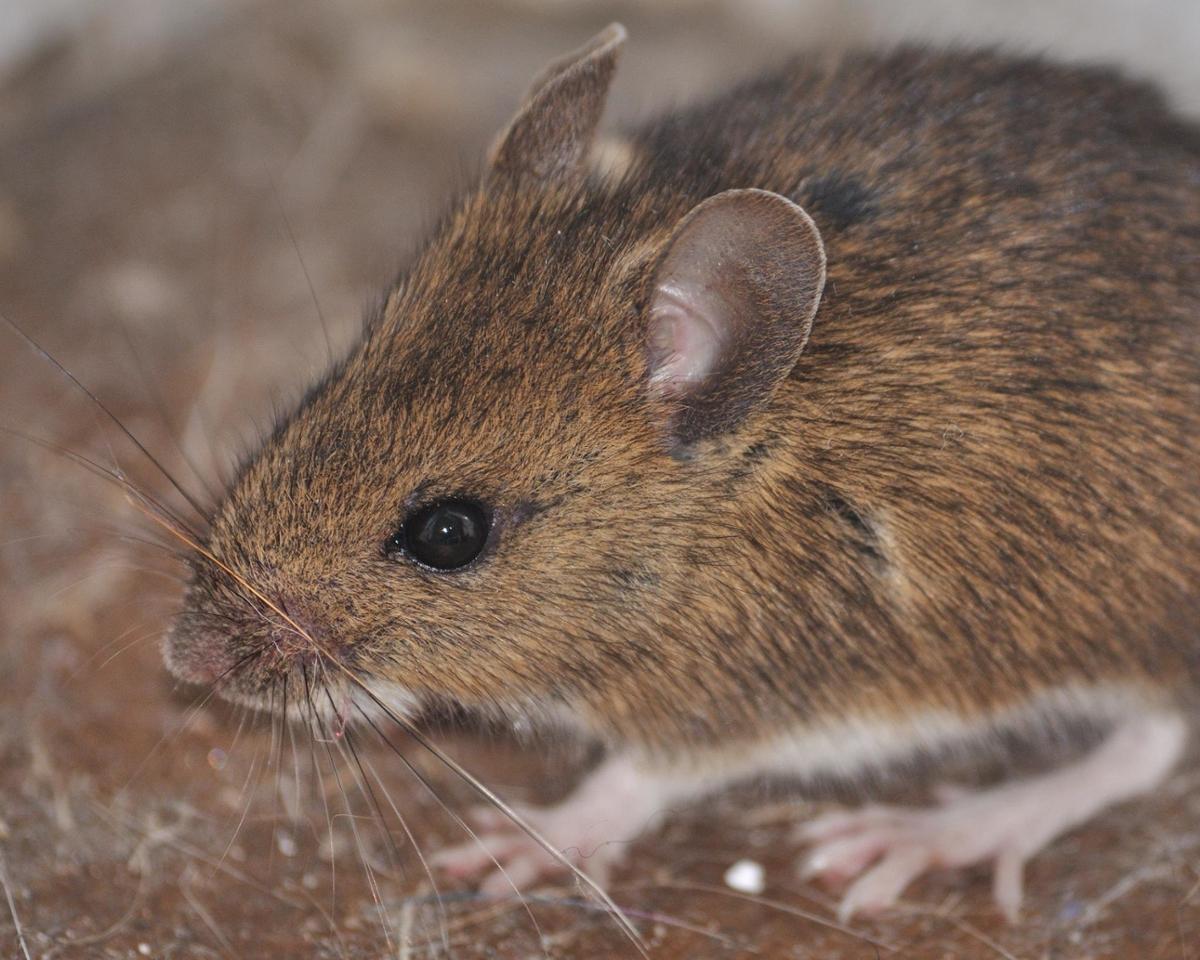Our bodies and those of other animals are home to trillions of microorganisms. Most of them live in our digestive tracts. The colon typically contains three hundred to five hundred species—the highest density of microbial species seen in any habitat on Earth—though about thirty to forty species are most abundant.
Though this may sound awful, many of them are actually beneficial, and biomedical researchers are learning more about how they interact with our bodies and contribute to our health. They are known to help defend against harmful pathogens, digest our food, strengthen our immune system, and even interact with the nervous system. The composition of this gut microbiome is known to change dramatically as we age.
In 2021 a team of researchers from Ireland published a major new finding highlighting the role of gut microorganisms in the health of the brain and immune system during aging. The researchers studied the gut bacteria of mice. They transplanted gut bacteria, contained in mouse poop, from the guts of young mice, just three to four months old, to twenty-month-old mice. For humans, this is the rough equivalent of a transplant from an eighteen-year-old to a seventy-year-old.
They found that the transplant reversed significant effects of brain aging in the old mice. The health of the brain’s immune cells, the microglia, were improved. The chemistry of a region of the brain involved in learning and memory was changed to more closely resemble that of younger animals. The old mice showed improved performance on tests of learning and memory, such as solving mazes. The research may be a first step toward figuring out how to prevent cognitive decline in older humans.









